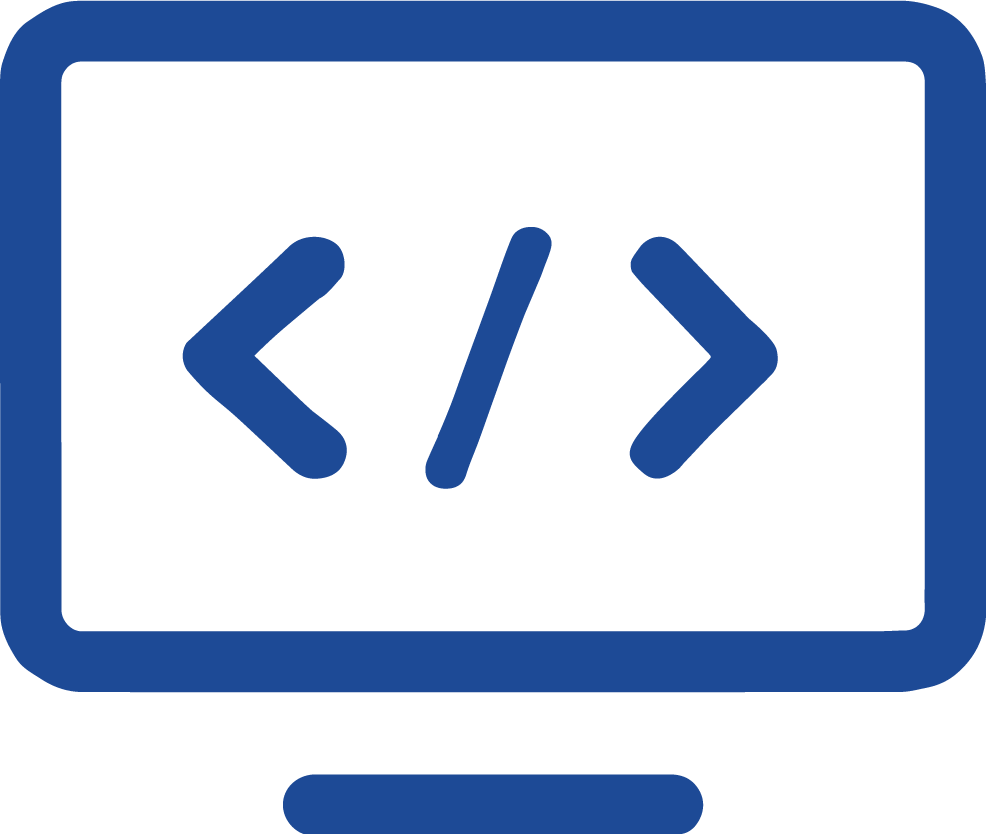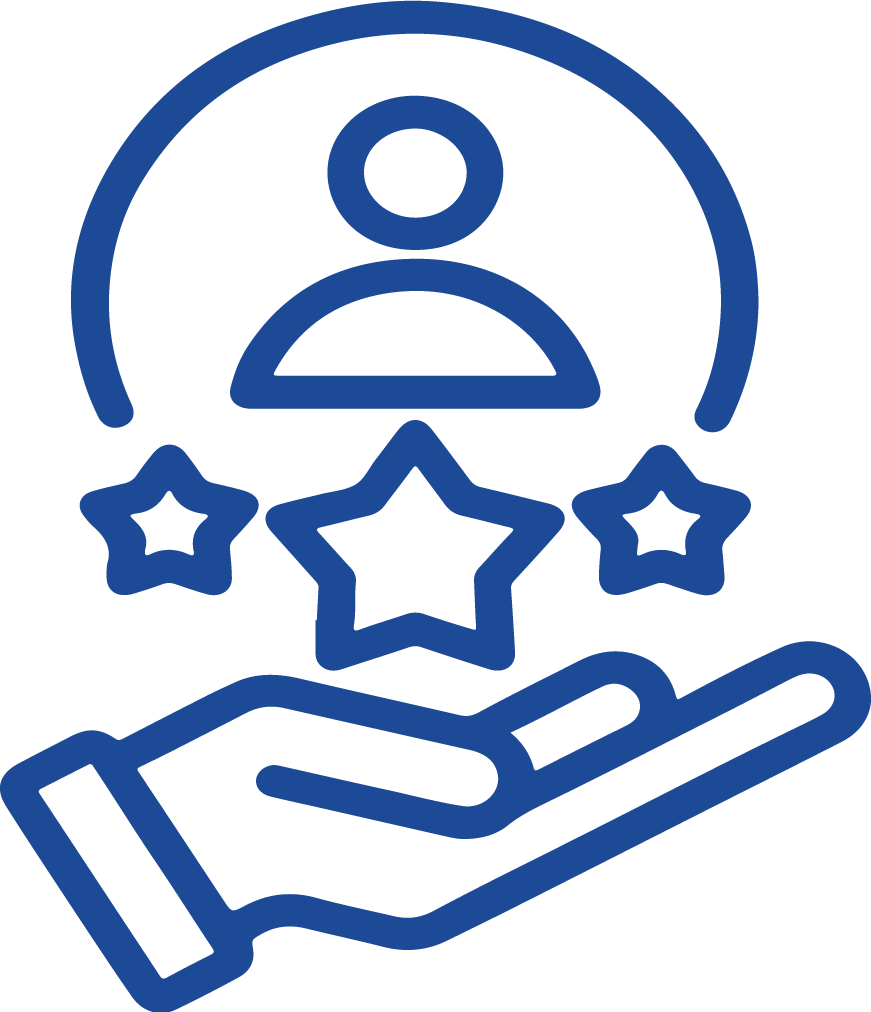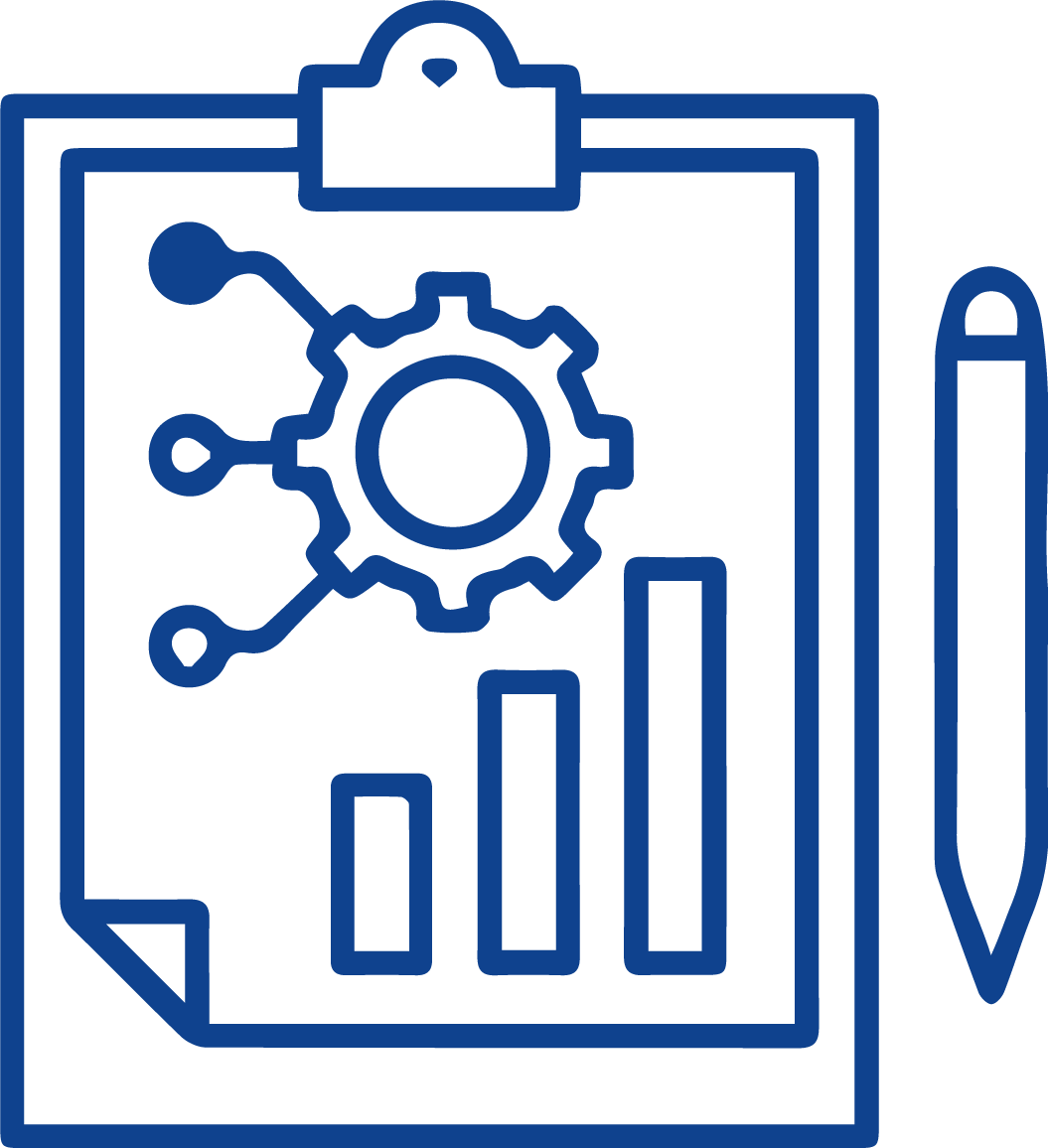Planning multi-contact motions for legged robots to traverse uneven surfaces requires the resolution of complex mathematical problems. Indeed, due to perturbations that may arise in real world (e.g. environment changes), online motion planning becomes essential. To this end, Receding Horizon Planning (RHP) aims at constantly updating the motion plan for immediate execution based on the current state of the robot and its environment.
RHP requires the resolution of trajectory optimization problems, which are high-dimensional and nonlinear problems. The authors propose a RHP framework that is tackled by the efficient interior-point method of Artelys Knitro.
The proposed approach is tested on a humanoid robot walking on moderate slopes as well as large slopes where static stability cannot be achieved. Thanks to Artelys Knitro, their approach has a success rate of 98.6% for moderate slopes and 95% for large slopes against the 51.2% and 8% of the baseline method.
Start with a tutorial!
You’re not familiar with nonlinear optimization? This tutorial will present some examples of nonlinear problems for various applications. You will discover nonlinear programming methods using the Artelys Knitro solver in a Python notebook, through different examples.
Free trial
Get your trial license to test Artelys Knitro’s performances on your own mathematical optimization problem. The trial package includes free support and maintenance. You can have access to Artelys Knitro for free with a 1-month unlimited version or a 6-month limited version.
Artelys Knitro has unmatched performance

Best Nonlinear Solver
Artelys Knitro has been ranked every year by public benchmarks consistently showing Artelys Knitro finds both feasible and proven optimal solutions faster than competing solvers.

Technical support
The Artelys technical support team comprises Artelys’consultants (PhD-level) who are used to solving the most difficult problems and deploying enterprise-wide optimization solutions. They can advise on algorithmic or software features that may result in enhanced performance in your usage of Artelys Knitro.

Updates and new features
The development team works continuously to provide two releases of Artelys Knitro every year. Based on feedback, we always improve our solver to meet users’ requirements and need to solve larger models faster.
© ARTELYS document.write(new Date().getFullYear()); • All rights reserved • Legal mentions